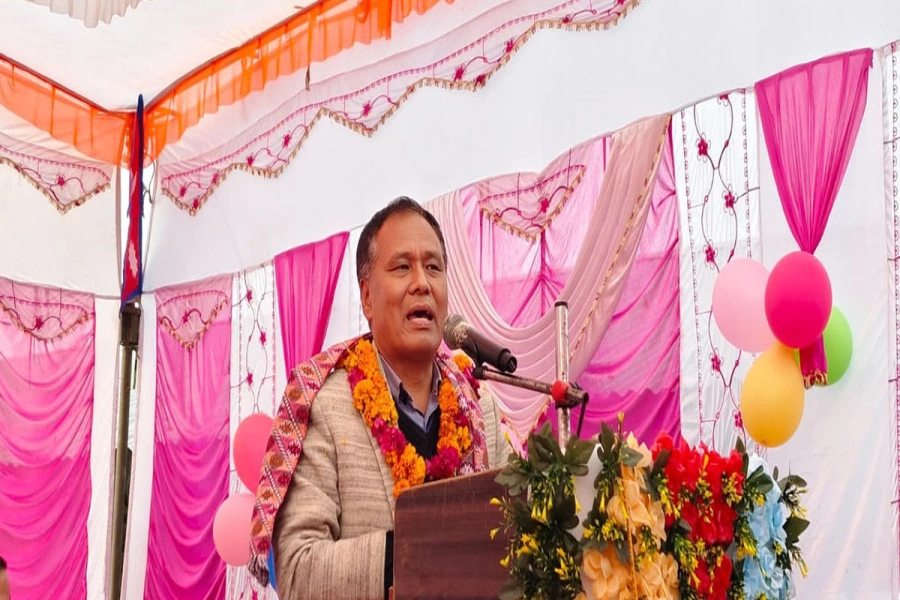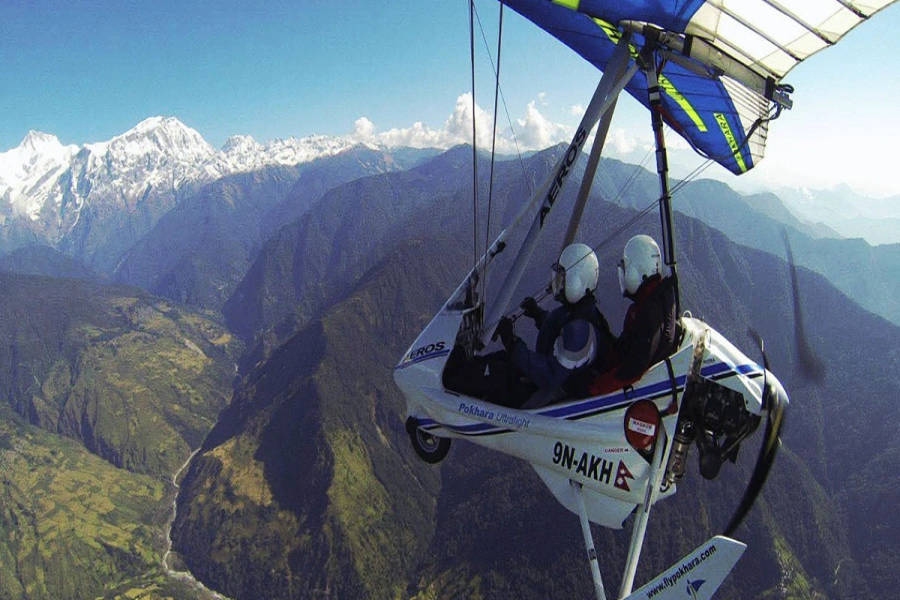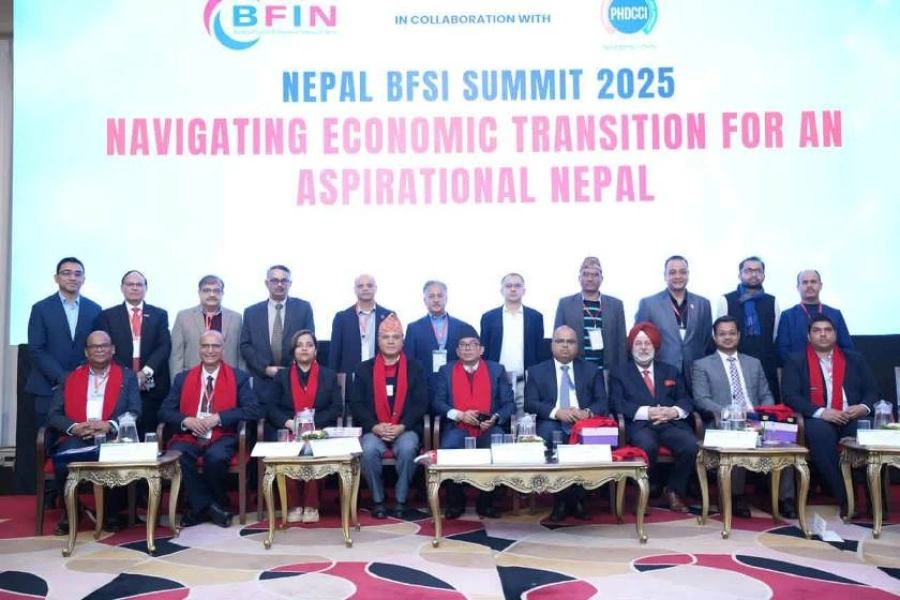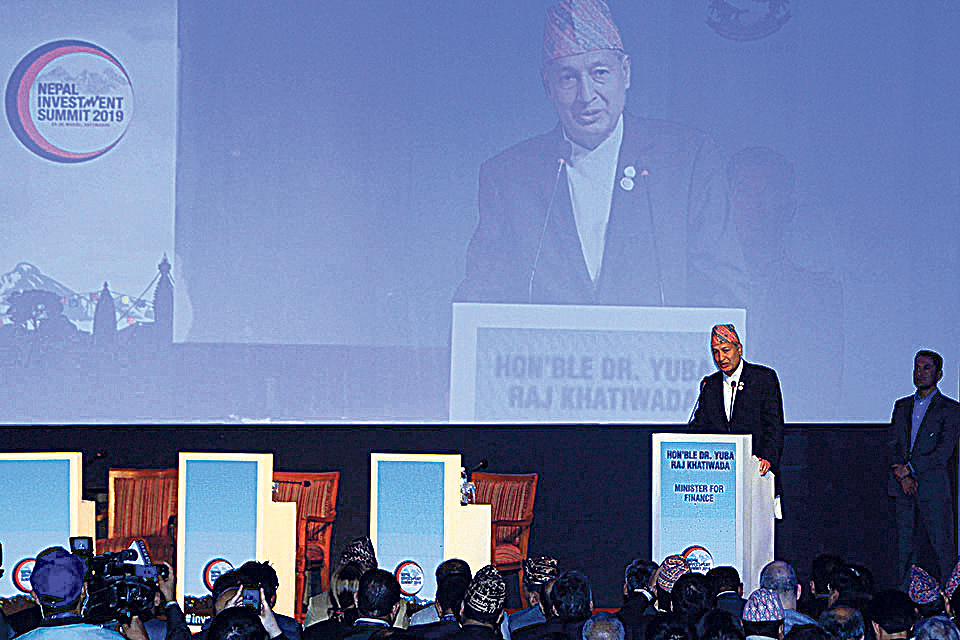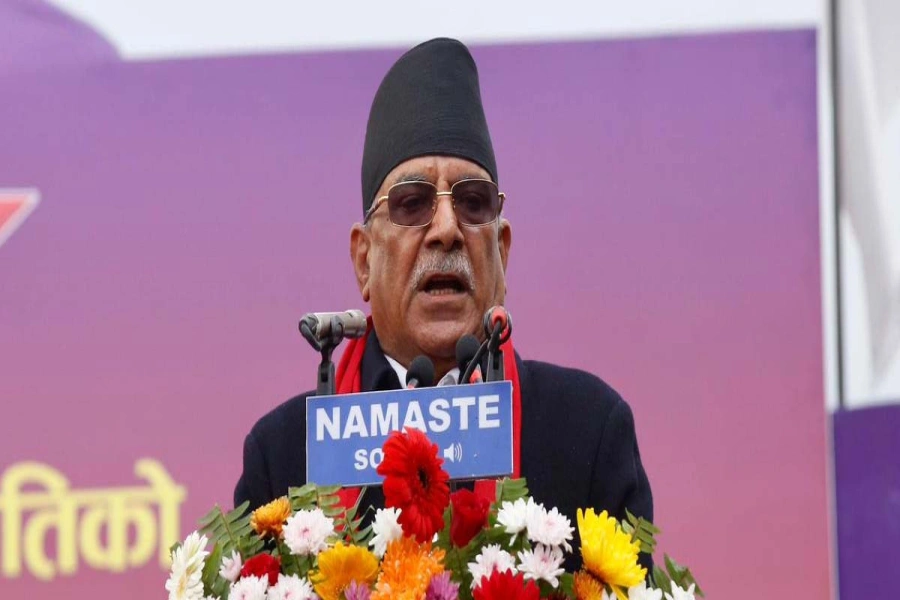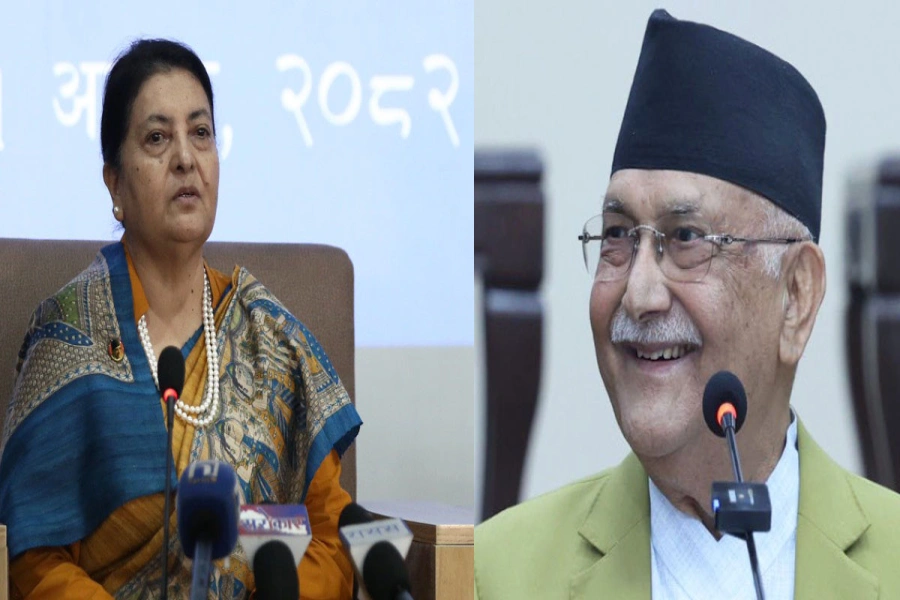KATHMANDU, Aug 19: The indicators of inflation, current account deficit and foreign direct investment are poor while indicators of remittances, balance of payment and foreign exchange reserves positive, according to the current macroeconomic and financial situation of Nepal for the fiscal year, 2022/23 published by the Nepal Rastra Bank.
Against the target of keeping within the desired limit of 7 percent, the annual average consumer price inflation stood at 7.74 percent in the FY, 2022/23 as compared to 6.32 percent in FY 2021/22.
Similarly, during the FY, merchandise exports decreased to 21.4 percent to Rs 157.14 billion against an increase of 41.7 percent in the previous FY.
Foreign investment commitments decrease by over Rs 21 billion

The current account deficit stood at Rs 72.16 billion. In the review year, capital transfer decreased 24.5 percent to Rs 7.54 billion against Rs 9.99 billion in the previous FY, and net foreign direct investment remained at Rs 5.96 billion against Rs 18.56 billion.
Remittance inflows increased 21.2 percent to Rs 1220.56 billion against an increase of 4.8 percent in the previous FY. In the US dollar terms, remittance inflows increased 12.1 percent to 9.33 billion in the review year as compared to an increase of 2.2 percent in the previous FY.
Similarly, gross foreign exchange reserves increased 26.6 percent to Rs 1539.36 billion in mid-July 2023 from Rs 1215.80 in mid-July 2022. In the US dollar terms, gross foreign exchange reserves increased 23.1 percent to 11.74 during the same period against 9.54 billion during the same period in the previous FY.
Deposits at banks and financial institutions (BFIs) increased 12.3 percent in the review year as compared to a growth of 9.0 percent in the previous FY. Private sector credit from BFIs increased 3.8 percent as opposed to a growth of 13.1 percent in the previous FY.
(RSS)




